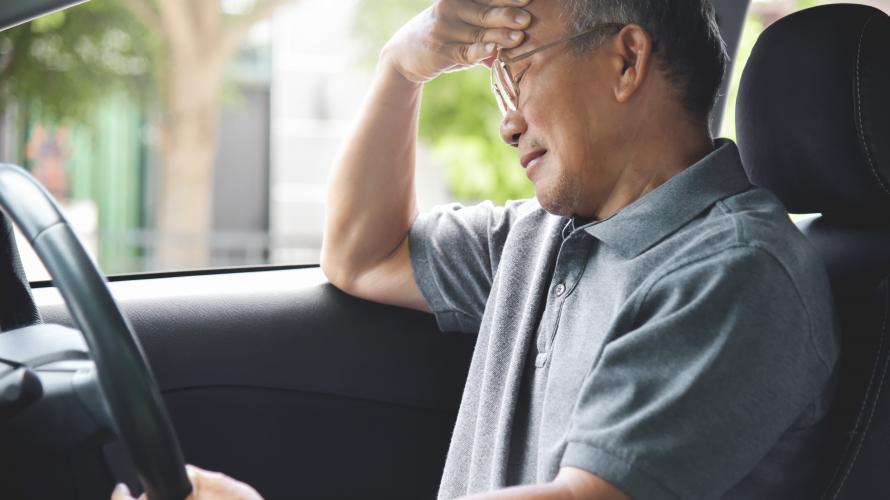
What is the study about?
This study looked at the number of motor vehicle crashes and risk factors of crashes for people after moderate-to-severe traumatic brain injury (TBI).
What did the study find?
When compared to the general population, people with TBI who participated in this study were 1.5 to 2.5 times more likely to be in crashes over a one-year timeframe.
Who participated in the study?
Eight TBI Model Systems sites interviewed 438 adults with TBI who returned to driving. Those who participated were between 1-30 years post-injury.
How was the study conducted?
A phone survey was conducted asking people about their confidence in driving, driving ability, and history of crashes. This study was a cross-sectional, descriptive study, meaning answers were given by people of different ages, time since injury, injury severity, sex, employment status, marital status, education levels, location, family income, and seizure history in the year prior to survey.
How can people use the results?
The crash risk is higher following TBI than the general population, but these results do not justify restricting people from driving after TBI. Most people reported not having any crashes after their injury. However, there is a need to identify and address factors that increase crash risk after TBI.
Reference
Novack, Thomas PhD; Zhang, Yue PhD; Kennedy, Richard MD, PhD; Rapport, Lisa J. PhD; Bombardier, Charles PhD; Bergquist, Thomas PhD; Watanabe, Thomas MD; Tefertiller, Candy PhD; Goldin, Yelena PhD; Marwitz, Jennifer MA; Dreer, Laura E. PhD; Walker, William MD; Brunner, Robert MD. Crash Risk Following Return to Driving After Moderate-to-Severe TBI: A TBI Model Systems Study. Journal of Head Trauma Rehabilitation ():10.1097/HTR.0000000000000788, May 26, 2022. | DOI: 10.1097/HTR.0000000000000788
Disclaimer
The contents of this quick review were developed under a grants from the National Institute on Disability, Independent Living, and Rehabilitation Research (NIDILRR grant numbers 90DPTB0015, 90DPTB0006, 90DPTB0004, 90DPTB0007, 90DPTB0014, 90DPTB0008, 90DPTB0005, 90DPTB0012). NIDILRR is a Center within the Administration for Community Living (ACL), Department of Health and Human Services (HHS). The contents of this website do not necessarily represent the policy of NIDILRR, ACL, HHS, and you should not assume endorsement by the Federal Government.